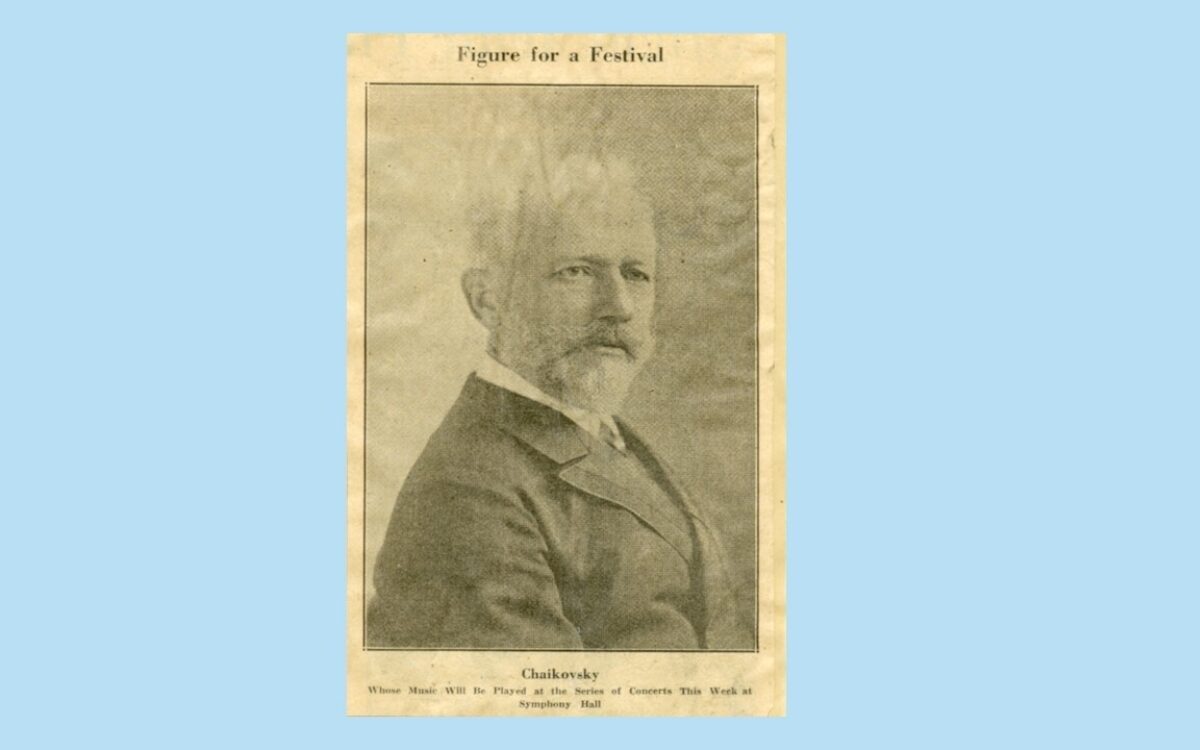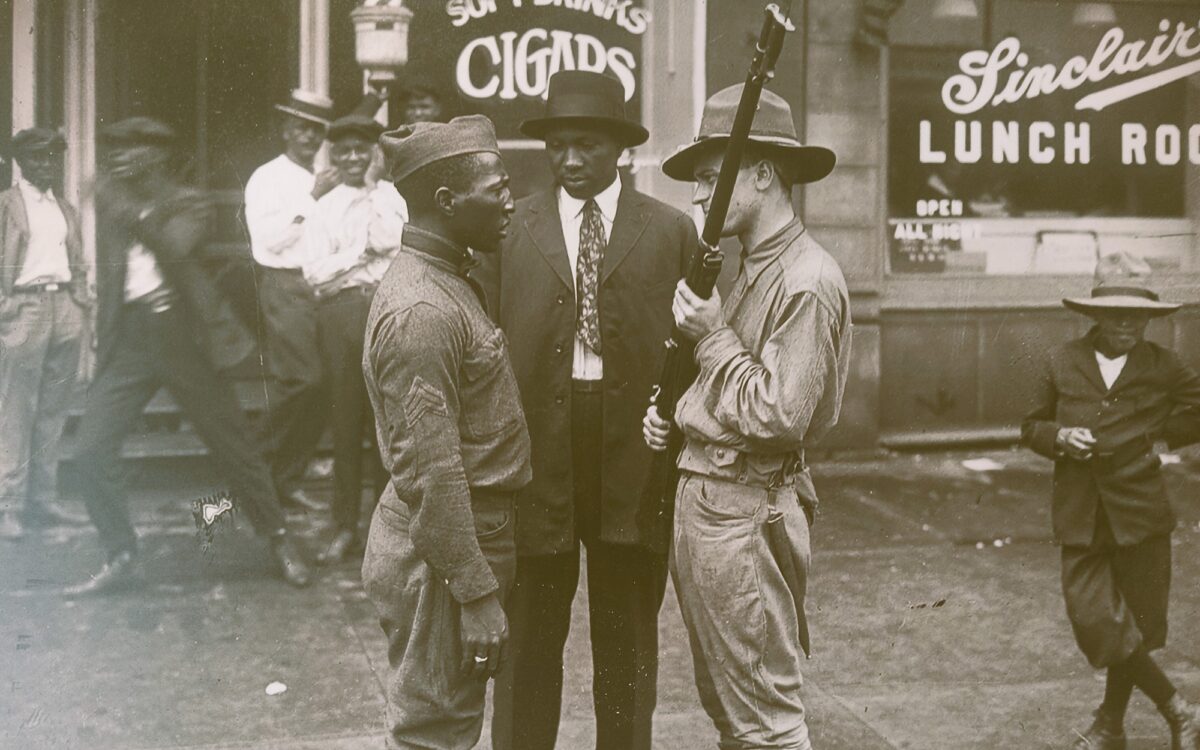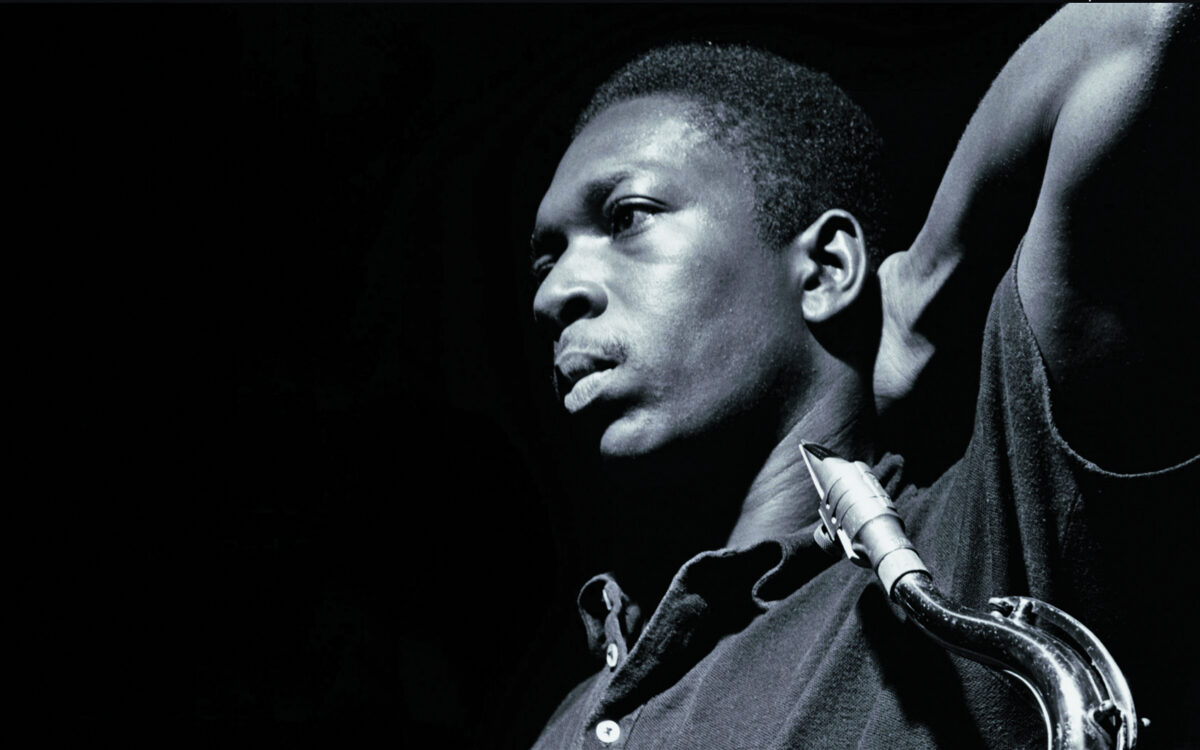Unraveling Tchaikovsky’s "Pathétique": A Symphony of Love and Loss

Tchaikovsky’s Symphony No. 6, known as the Pathétique (French for melancholic, not pathetic), is an emotional rollercoaster, a musical memoir, and maybe even a message about the composer's own life and loves, one he could only share in music because society demanded silence.
Most scholars today agree that Tchaikovsky was gay. As of 1835, homosexuality was illegal in Russia, as it is in many countries still today. To be rumored to be gay risked your career, your reputation, and your freedom. Tchaikovsky would have had to confine his true self to private moments, private letters, and coded messages. This constant tension, loneliness, and longing colored his music deeply (he wrote his famous Fourth Symphony after he bolted from his wife. The two had lived together for a mere two and a half months).
The Sixth Symphony premiered in St. Petersburg in October 1893. Nine days later, Tchaikovsky was dead, and the Sixth Symphony became "a weird harbinger of [his] death," wrote scholar Harlow Robinson for the BSO program.
Tchaikovsky’s sudden passing only a few months after completing the symphony fueled endless speculation about the circumstances of his passing (despite the official reason being cholera, unproven conspiracy theories about a brewing scandal over his love life swirled), and whether the Sixth was, indeed, intended as a farewell.
The music "provides no clear answers" to these mysteries, wrote Robinson. But what makes this symphony especially gripping is how urgent and intimate it feels. From the very first notes, you know this symphony is different. It begins with a quiet, almost hesitant melody, as if something heavy is about to be revealed.
Then, you’re thrown into sweeping waves of emotions—hopeful and heartbreaking, all at once. In the second movement, there’s a strange, lopsided waltz, like a bittersweet dance with shadows. The third movement almost tricks you with its triumphant energy, building to an intense climax that feels like a victory.
Just as you think it’s over, the fourth movement pulls you into a haunting, sorrowful space. Instead of the usual happy or dramatic ending, Tchaikovsky leaves you in a lingering sadness, a kind of unresolved goodbye.
Today, the Pathétique remains a powerful reminder of the breadth of Tchaikovsky’s talent. This symphony is a glimpse into the heart of a man who couldn’t live his truth out loud but found a way to share it with us all the same. Notably, Tchaikovsky said this was “the best thing I ever composed or shall compose.”
When you hear that final, haunting movement, it’s as if Tchaikovsky is reaching through time, begging us to hear his story, hoping we’ll understand. And over a century later, we’re still here, listening.
Maya Shwayder is the BSO's Senior Contributing Editor and Copywriter.
Sources
Symphony No. 6 in B minor, Opus 74, Pathétique (BSO)
The ‘Pathétique’: Tchaikovsky takes us on a journey from darkness to darkness (ClassicFM)
Tchaikovsky’s Symphony No 6, ‘Pathétique’: the finest recordings (Gramophone)
Pathétique Symphony (Britannica)
Secret histories: LGBTQ life in pre-revolutionary Russia (New East Digital Archive)



